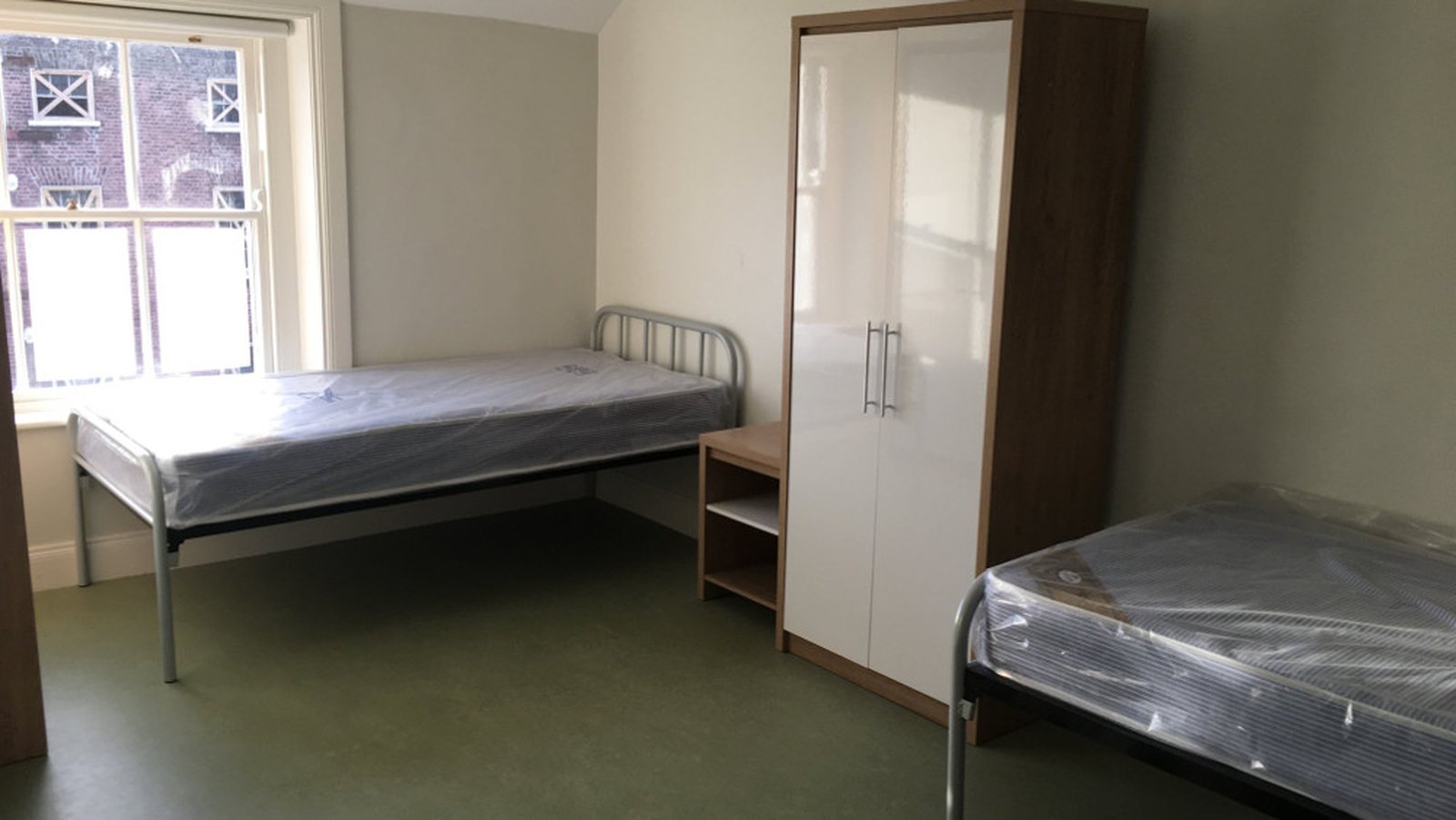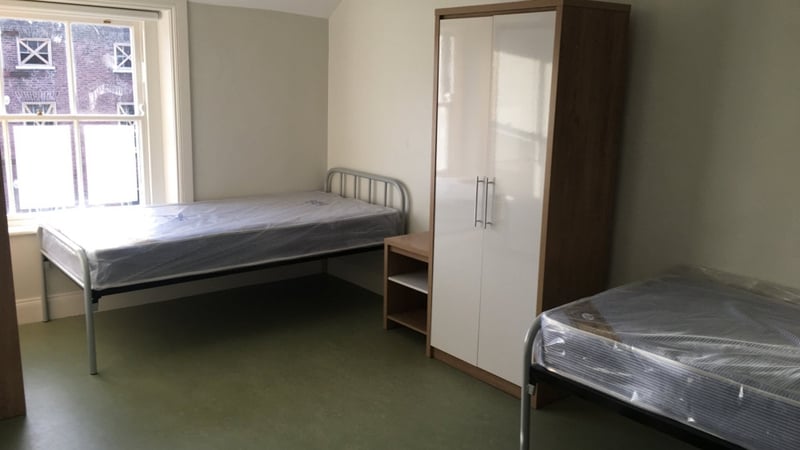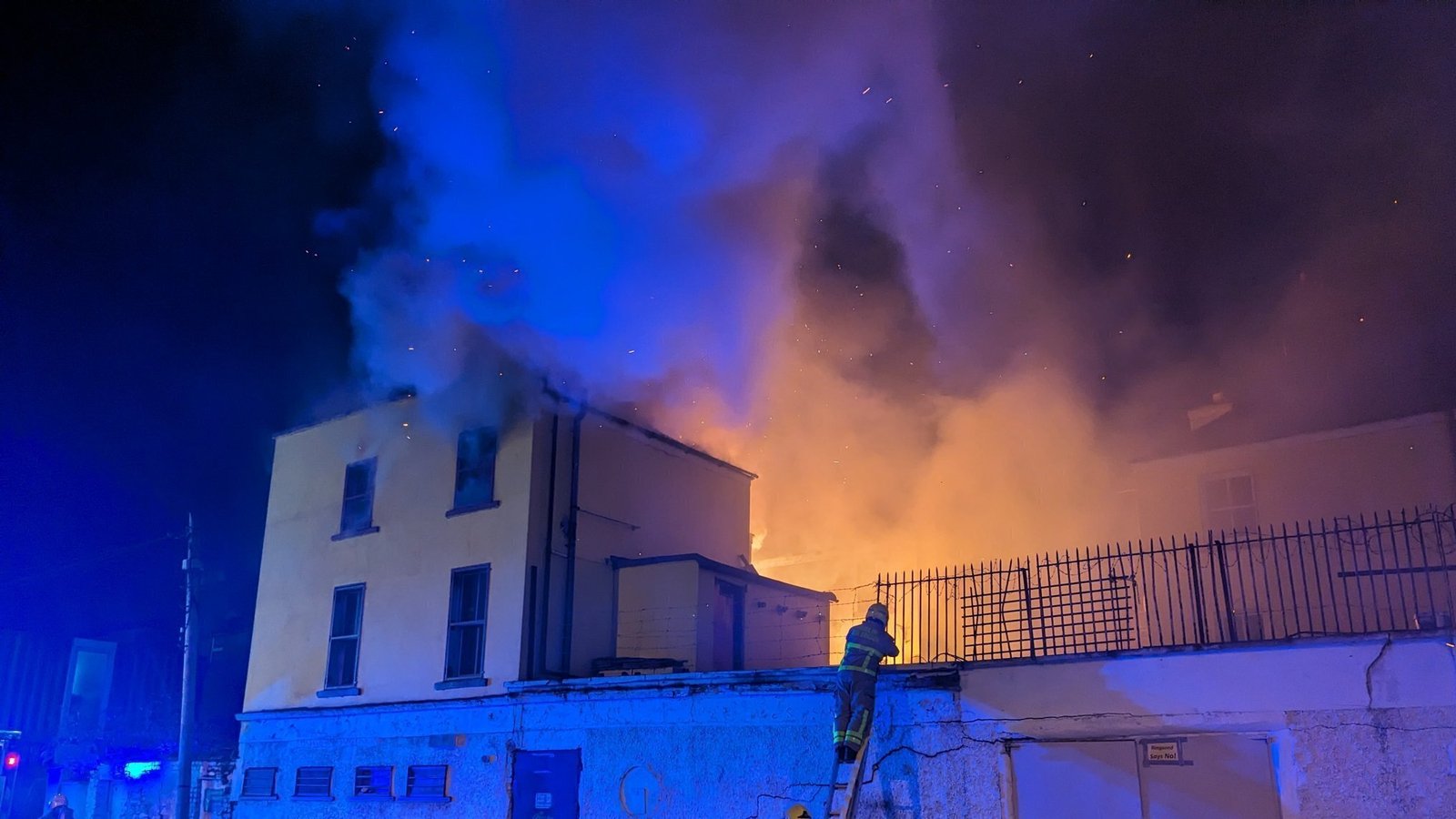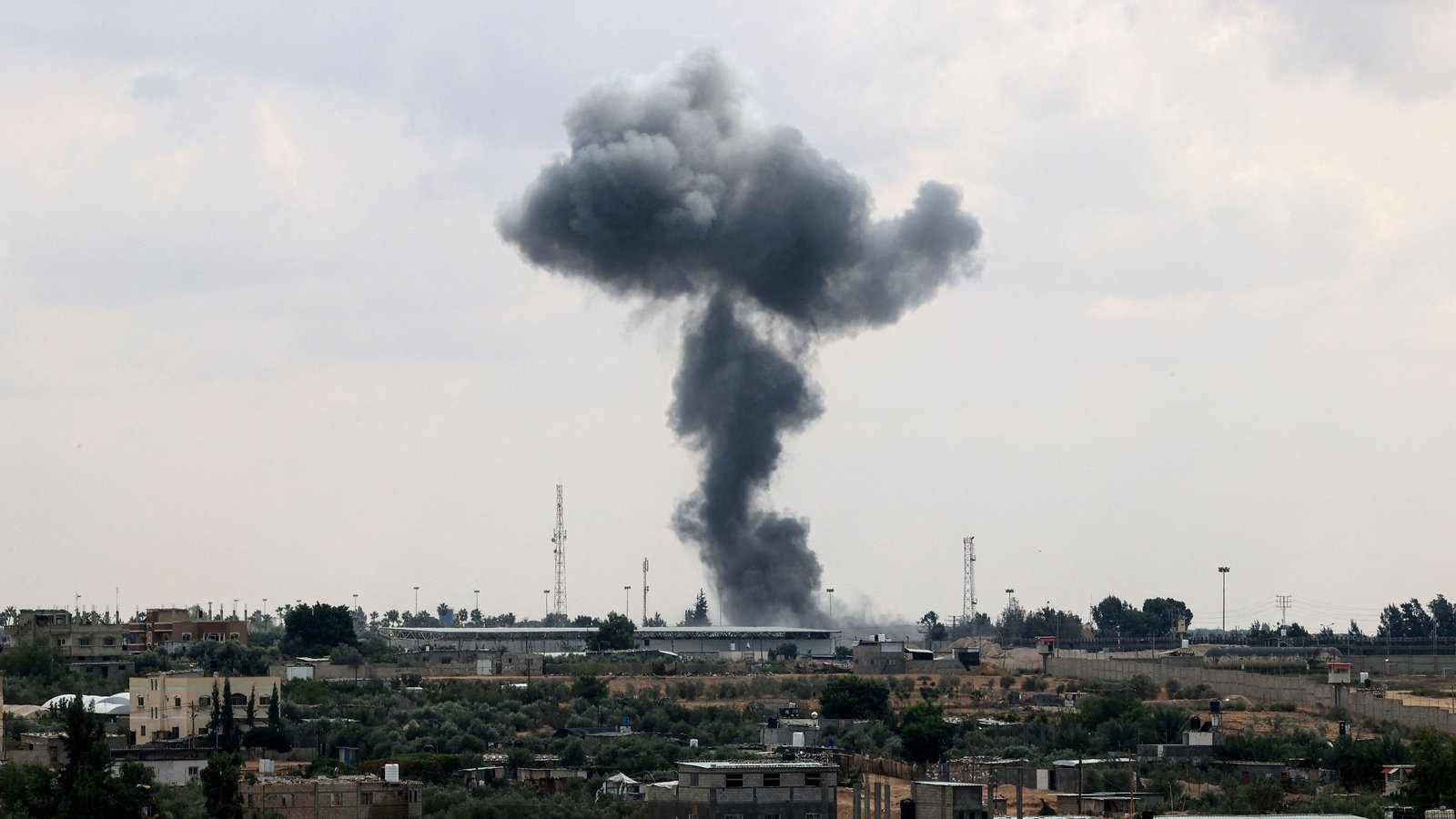Asylum seeker bed offers limited to rough sleepers


A total of 149 new male asylum seekers who were initially not offered accommodation due to an ongoing shortage, have been offered spaces because they were either rough sleeping or deemed at risk or extremely vulnerable.
They account for all 149 offers of accommodation made to new asylum seekers initially not offered a space since 4 December.
Last Spring, when the State similarly ceased offering accommodation to all new asylum seekers, it operated a system whereby available accommodation was offered “in order of date of arrival”, so that those left without State provided accommodation the longest were prioritised.
However, a spokesperson for the Department of Integration confirmed to RTÉ News that since 4 December, no offers have been made on this basis.
Instead, accommodation has only been offered to people referred by homeless organisations or others to the International Protection Accommodation Service (IPAS) because they were rough sleeping or were deemed “particularly vulnerable”.
A department spokesperson confirmed that it was “in very regular contact with the Dublin Regional Homeless Executive, the Dublin Simon Community, Streetlink Homeless Support Outreach service and others on this issue, with regard to the identification of particularly vulnerable individuals” and that these people were prioritised for accommodation.
On 16 January an email was sent to other Dublin-based services currently supporting unaccommodated International Protection Applicants, including homeless day services, requesting specific information about vulnerable or rough sleeping asylum seekers.
“In order to allow us to target individuals for whom there is particular concern, we would be grateful if going forward referrals would include as much detail as possible and particularly the location where the IPA (International Protection Applicant) is rough sleeping,” the email read.
The email also referenced “other NGO referrals … being made offers in order of date-of-arrival as quickly as possible”, however as RTÉ News has confirmed, no such offers have yet been made.
As a result, a referral on the basis that someone is rough sleeping or is otherwise particularly vulnerable has been the only way for a recently arrived asylum seeker left without State provided accommodation to be subsequently offered a place.
While it is now known that all 149 offers of State-provided shelter to those previously unaccommodated were made on the basis of these referrals, it is not known how many referrals have been made overall.
Chief Executive of the Irish Refugee Council Nick Henderson said the current system was problematic.
“While it is welcome that people have been accommodated after a referral, we believe this policy is very problematic and puts people in a very challenging catch-22: sleep rough so that they can be visibly identified but risk being exposed to harm and cold, or, move around at night, to avoid that risk of harm and to try stay warm, and not be identified,” Mr Henderson said.
“We are also concerned that it puts considerable pressure on organisations to meet an increasing number of people and to refer people across to the department,” he added.
Limerick-based Migrant and Refugee support organisation Doras is supporting a number of unaccommodated new asylum seekers who presented to their office in recent weeks.
However, Doras Chief Executive John Lannon said that it had not received any information from the Department of Integration on a referral system for vulnerable or rough sleeping asylum seekers.
As a result, Mr Lannon said that “people are falling through the cracks”.
“At our direct support service in Limerick we have met people who arrived cold and wet, and in some cases don’t have money to pay for essential medication. We have also been supporting people who have gone for several weeks without the additional €75 promised,” Mr Lannon said.
“It’s important to remember that the State has an obligation to provide accommodation for everybody who seeks international protection here. This is not happening at present, and with 628 people now awaiting accommodation,” Mr Lannon said.
“According to the Department, those referred as rough sleeping are prioritised for accommodation. However not all the rough sleepers are in a position to get a referral. For example, people who have had to move out of Dublin don’t have access to a referral service, as there is no such mechanism outside the capital,” Mr Lannon added.
“We are also gravely concerned that if this is the only way to get a bed, people who have been without accommodation since early December may still be in situations where their basic needs are not being met,” he said.
Chief Executive of the Cork-based Migrant and Refugee Rights Centre, Nasc, Fiona Hurley said that while no unaccommodated new international protection applicants have yet accessed their services, she expected this to change.
“Considering the rising number of people left without accommodation across the country, it is inevitable that we will see people coming to Cork in search of a safe place to sleep.”
“We haven’t been made aware of the referral protocol for international protection applicants who are sleeping rough. Given that this problem is unlikely to stay contained in Dublin, it would be appropriate that IPAS would brief services across the country,” Ms Hurley said.





